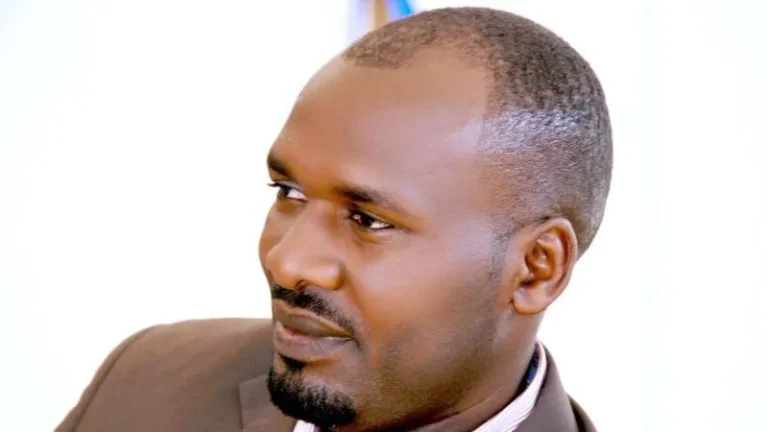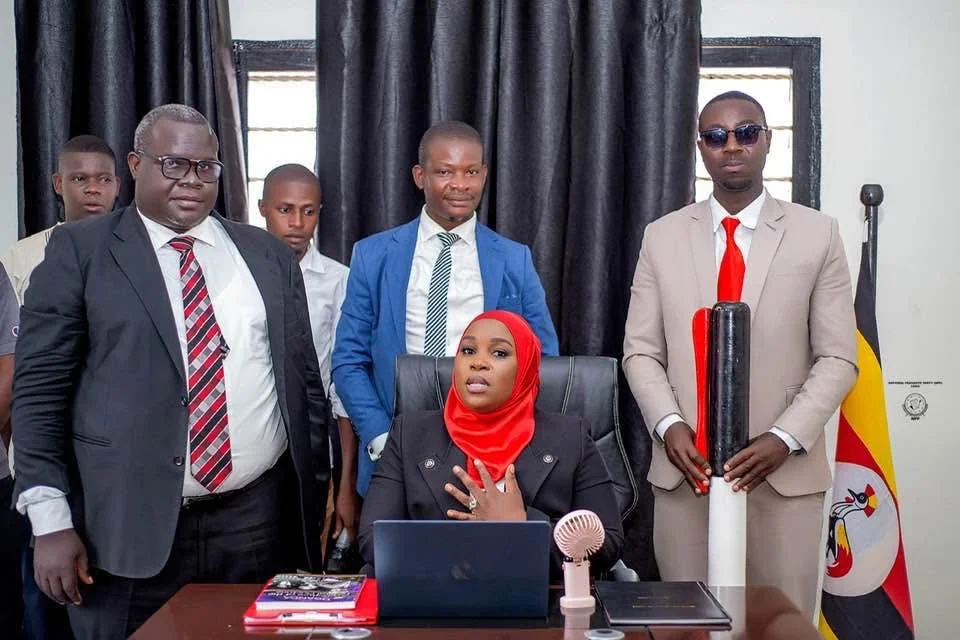Ugandan music veteran Dr. Tee has opened up about his role in shaping the country’s band music scene, claiming he was the driving force behind the iconic sound that dominated the early 2000s.
During a candid interview with BBS TV, Dr. Tee recounted how he returned from Sweden between 1996 and 1999, armed with studio production and sound engineering expertise, determined to revolutionize Uganda’s music industry.
“All artists wanted to sing like the Congolese. So we changed and I created the beat you now call band music. It’s a combination of different styles,” he explained.
Assembling Uganda’s Top Voices
Dr. Tee highlighted that his mission wasn’t just about creating a beat — it was about collaborating with talented local artists to elevate the Ugandan sound.
“I brought different artists like Haruna Mubiru, Juliana Kanyomozi, Mesach Semakula, Sophie Nantongo, Stecia Mayanja, Sylver Kyagulanyi, and many more. These ones had special voices and made my work easy. I still write and produce for some of them and I try to remain versatile to match the new generation.”
By combining diverse voices and production techniques, he carved out a sound that was distinctly Ugandan, giving local musicians a competitive edge against the prevailing Congolese influence.

Pioneering Uganda’s Musical Identity
At the time, Congolese music dominated the Ugandan airwaves, and many local artists sought to emulate that style. Dr. Tee saw an opportunity to forge a new path, creating rhythms that would resonate with Ugandans while keeping the music uniquely homegrown.
“I brought a different flavor to the music scene. I wanted Uganda to have its own rhythm, something that would make our artists stand out,” he said.
This innovation not only changed the sound of Ugandan music but also helped establish a generation of artists who remain influential today.
Legacy and Ongoing Influence
Dr. Tee’s work continues to impact Uganda’s music industry. Even today, he remains active in production and songwriting, adapting his style to fit the modern generation while preserving the essence of the band music sound he pioneered.
“I still write and produce for some of them, and I try to remain versatile to match the new generation,” he noted.
Fans and industry insiders credit him with helping Ugandan artists gain confidence in their unique voices, shifting the country away from mimicry and toward originality.
Reflecting on the Journey
Dr. Tee’s revelation serves as a reminder of the power of innovation and determination in shaping a national music identity. His efforts to blend local talent with innovative production techniques left a lasting imprint on Uganda’s music scene, influencing artists across genres to this day.
“Creating band music wasn’t just about the beat. It was about giving Uganda a sound we could call our own,” he said.
Takeaway:
From breaking the Congolese music monopoly to launching the careers of some of Uganda’s most celebrated artists, Dr. Tee’s influence on band music is undeniable. His story highlights the vision, creativity, and perseverance that helped define a generation of Ugandan music.





